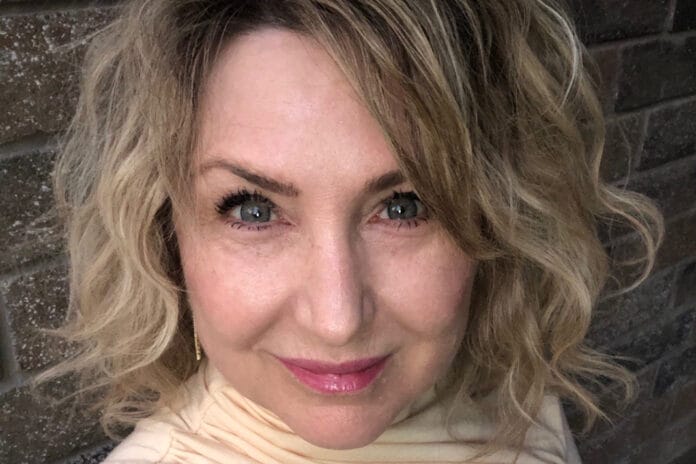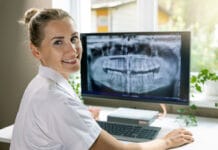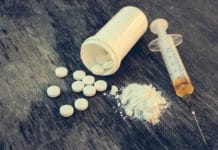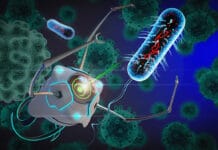“We can do hard things” is a mantra that seems to be everywhere. Authors Glennon Doyle and Alan Packer wrote of the challenge. This isn’t a new idea. President John F. Kennedy’s “moon” speech in 1962 proclaimed, ” We choose to go to the moon in this decade and do the other things, not because they are easy, but because they are hard.” One person’s hard can be completely different than another. We should always remember people need to define hard by themselves.
We each had ideas of what we wanted to accomplish when the 2020 “pivot” showed its face. Some cleaned a closet or two. Some read a book a week, and many were hatching business plans that they never had time to do in the past. I wanted to learn a new language, drop pounds, and become a devout yogi. In reality, I lost a pound or two (and “Yippee,” I found them again). I am now a master at the corpse pose (the one where you lay on your back). With COVID and no travel, I have had plenty of time with the Italian, capisci?
Towards the end of 2020, a friend of mine, Jen, was posting some photos on social media of her exercising, like a lot of exercising. We had been walking buddies in the forest near my house for a bit during COVID until I broke my toe, and we drifted apart from the ritual. Some of the pictures she posted would be in the dark, and it made me curious. I started reading some of the entries, and she referenced 75 Hard. I had no idea what she was talking about, but I knew she was dedicated. Then by the end of December, she said she was done with the first phase or something like that. Then I decided to read about whatever “Hard” was.
75 Hard was created by Andy Frisella, a motivational speaker, podcaster, author, and supplement company owner. Podcasts and Facebook groups support whoever goes on the journey. Through Jen, I learned about the process, so let me lay out the rules as to what it entails, and then I will share the interview with my lovely friend.
1) One gallon of water per day. Plain water, no lemon, no flavor, no fruit, no nothing. The thought is that flavored water makes drinking the gallon easier. You can have coffee and tea, but they don’t count as substitutes for plain water.
2) Progress picture every day. The suggestion is to set an alarm, so you don’t forget. I should mention if you don’t do every single step in this process, you have to start back at the beginning. Did I tell you it is for 75 days? The picture part apparently keeps accountability going.
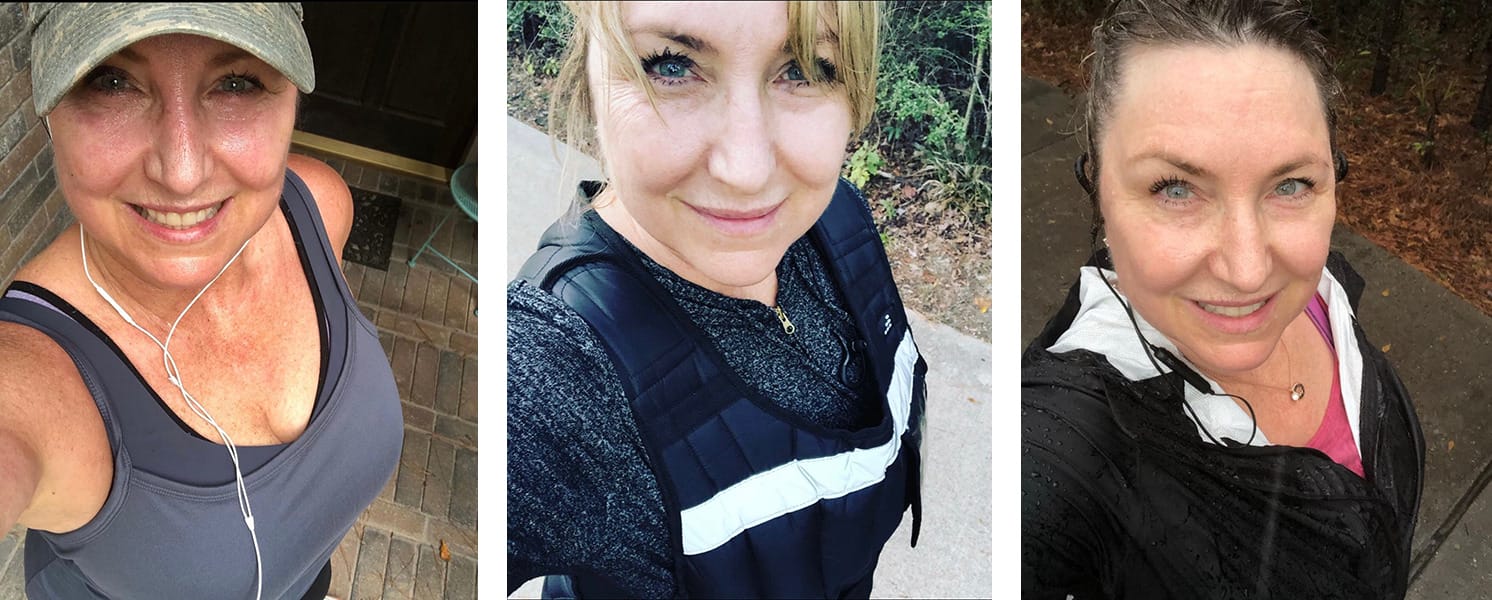
3) Read 10 pages of a nonfiction book every day with the intention to learn. I absolutely love this. I’m a reader, and this was the first thing in the plan I was in tune with. Please note that there are no audiobooks in the equation. According to Frisella, the process of learning and self-development leads to a greater sense of accomplishment and confidence through actually holding a book.
4) Two 45-minute workouts a day, and at least one must be outside. This part of the plan clearly showed me the reason for all of Jen’s photos in the dark. When you are working full-time, timing would be difficult. Two workouts outside are fine, but the exercising can’t be done back-to-back. There must be extended breaks in between both workouts. Being in the garage with the door open is not fine. Jen said, “You must be out in the elements, rain, sleet, snow, hail, however, don’t be stupid.” It is about mental toughness and discipline. Be smart and don’t cheat the program.
5) Diet. It must be a clean diet, but you can pick anyone you would like. There is a caveat. If you are counting calories or macros, you can’t have junk.
6) No alcohol. None. Zero. Zip. Yes, my sweet friend did this during COVID.
The support group for this program was seriously uplifting. They keep each other accountable, and they speak more about this as a mental toughness program. I, for one, wouldn’t argue that fact a bit.
Now on to Jen. She is a single parent with one daughter that is still living at home. She has been a dental hygienist for 6.5 years and works in pediatrics and general dentistry. She works six days a week. Jen had bachelor’s degrees in both psychology and economics, and she was a stay-at-home Mom for 16 years before heading back to hygiene school. I will say she is whip-smart and super funny – in all the right ways. Now, onto the interview.
Anne: Where did you hear about 75 Hard?
Jen: Someone in a Healthy Women’s FB Group had posted that she had completed it. I was intrigued when she described that it was a mental toughness challenge with the benefit of physically changing your body.
Anne: Why did you want to try it?
Jen: I was in a bit of a funk, both mentally and physically, at the time. Since starting my career, I had gained over 70 pounds and was just tired, both physically and mentally. I was taking things personally that weren’t meant to be, and I realized that I was looking to make things easier.
I would hear myself saying, ‘I’m 51 years old, and I don’t NEED to do that if I don’t want to.’ This was often fitness related. Well, not going to lie, it may also have applied to making my bed or choosing to leave dishes in the sink.
Anne: Did you expect what the outcome ended up being? Mentally or physically?
Jen: There’s a saying that’s part of this program. “When faced with two choices, always choose the more difficult one.” That may not be a direct quote, but it’s close. I think I was surprised how early the switch was flipped in my mindset.
I looked forward to walking in the rain. There were days where I had a half-day at work and could’ve chosen to do my outside workout in nice weather. I chose thirty-something degrees at 5:30 am instead because I’ve found that it set me up mentally to have a good day.
I also learned not just to wing it but to have a plan as well as the discipline to complete a task that I didn’t necessarily want to do. Overall, I developed a lot more confidence than I anticipated.
Anne: What was the hardest component?
Jen: It really depended on the day. I think most often that it would be completing the second workout when I was exhausted.
Anne: Did you have a set schedule?
Jen: Yes. Here’s a typical workday—alarm at 5 am, allowed to snooze twice if needed. Take a pic, start my water, and wheel out my spin bike to the back patio for a 5:30 am spin for 45 minutes. This allowed me enough time to shower and get to work. My goal was 64 ounces of water down by 7:30 am. I would read when I came home for lunch and then a light dinner and second workout around 7:30 to 8 pm.
Anne: Was it difficult for social relationships?
Jen: No, thank you, COVID. Haha. I attended a couple of outdoor happy hours. I was really lucky because everyone supported my journey, and the no alcohol wasn’t a big deal at all. I attribute some of this to my age and the fact that my friendships aren’t based on drinking every Friday night.
Anne: Biggest benefit?
Jen: My confidence. I learned to focus on myself and stop being concerned about how other people’s actions affect me, and much less envy.
Anne: Hardest part?
Jen: Completing a task when I wasn’t in the mood or low on energy. Hello discipline.
Anne: Easiest part?
Jen: Surprisingly, the no alcohol!
Anne: What is the future?
Jen: There is a second part of this program that encompasses an entire year. It ends on the anniversary of starting 75 Hard.
Anne: Can you put into words how you changed you? Or did it?
(Before you read the answer, Jen got back to me on this reply. She had just found out that her son had COVID, who had only been home mere hours and ended up quarantining at his father’s place. Her son was only home for two weeks, and the total time with him was 3.5 hours. She was also unsure as to her own results and was getting all her children arranged for their quarantines. This girl knows hard things.)
Jen: It definitely changed me! However, I am still definitely a work in progress in all aspects. As I mentioned before, I’m a lot more confident in my thoughts and actions. I’m still in the progress, not perfection mode, starting to care less and less whether or not people like me or include me. As a people pleaser, this is definitely going to be a battle. And with the two daily workouts, plus the reading and drinking all the water, I honestly have a lot less time to worry about it!
I also tend to go in phases of working hard and pure laziness. I’m back to the working hard/improving myself and my life mentality, and of course, the plan is that I will continue to develop the habits so that this mindset sticks full time. Some takeaways from books I read. Just a little improvement every day ultimately adds up. And did I really give it everything I had in the tank? One of my critical tasks that I’m adding into Phase 1 is reading something hygiene-related every day. I’ve been known to not always open the educational emails that pop up in my daily inbox.
Jen ended with a mantra she is living by: “Living life with purpose, not just existing, or floating along.”
Not in any question did I ask her how much weight she lost, which I know you are all asking. Yes, she did lose pounds, quite a bit, but I believe that was a side benefit, as you can see from her words.
I have to thank Jen, my friend, for allowing me access to her experience. I wanted to write this for several reasons. 75 Hard seems unsurmountable to me, and I think I needed to hear it out loud. When I get overwhelmed with the busyness, reflecting on her experience has been motivating. I wanted to honor dental hygienists who are working their tushes off in the operatory and are equally amazing in their personal lives. To celebrate one person’s story that may, in turn, help others. I wanted to inspire all of us to “do hard things” even when we may not want to.

